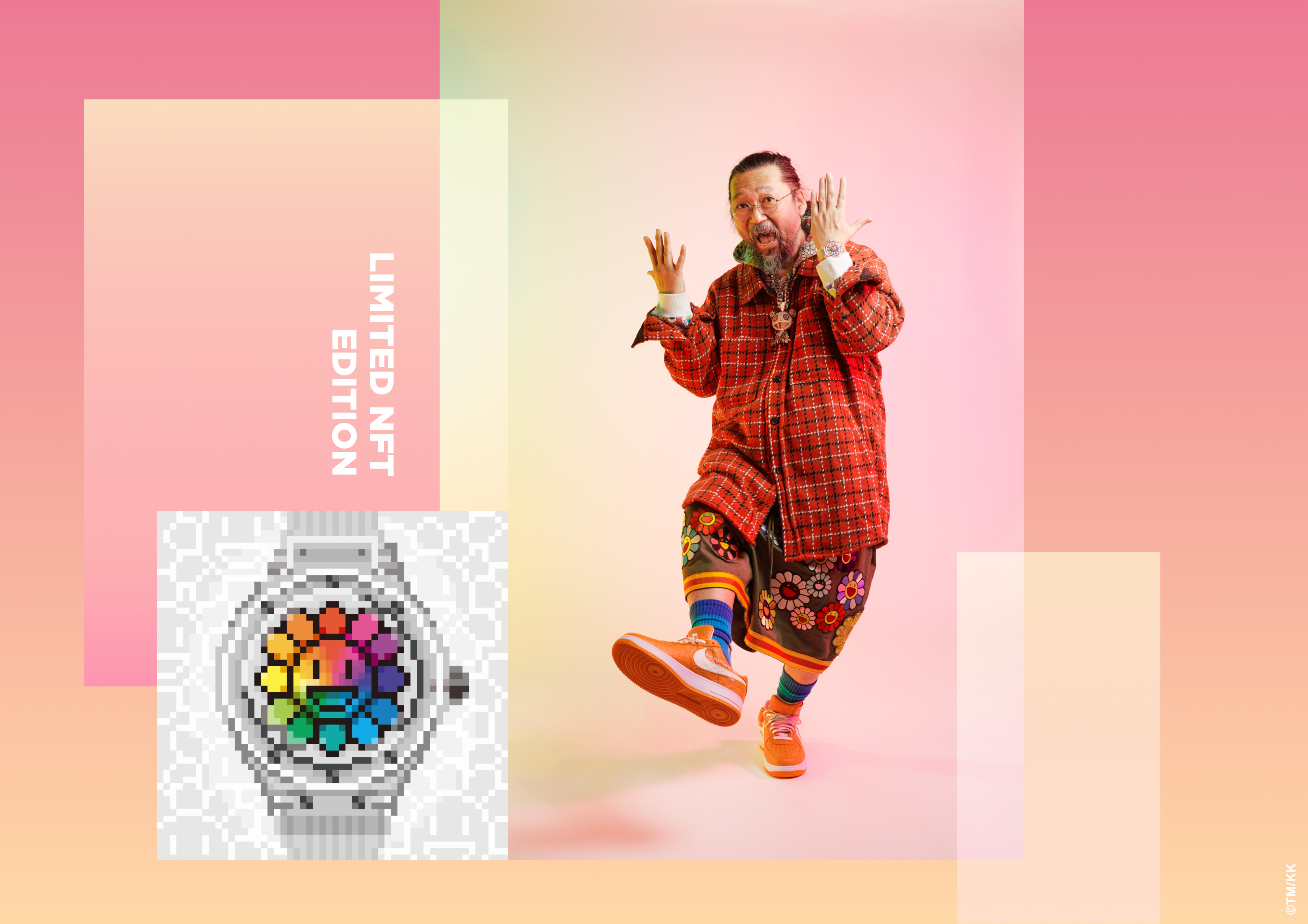Opinion / Is Mark Zuckerberg’s Meta killing Instagram? Too many ads and new features imitating Snapchat and TikTok show a lack of innovation that’s turning Gen Z off the social media giant

- Meta’s problem isn’t the metaverse, but lack of differentiation and innovation – evident in the online uproar over new Instagram features that users accused of imitating rival TikTok
- Since rebranding, stock price has plummeted and the former Facebook just announced its first revenue decline – can billionaire Zuckerberg steer the newly named Meta to economic safety?
This article is part of STYLE’s Inside Luxury column
In order to excite its audience, Meta will have to innovate instead of imitate, and differentiate instead of trying to be more TikTok than the original

The company blamed the overall economic headwinds, including exchange rate losses, for its disappointing performance. However, looking for external reasons has never helped any company and feels like an excuse. In my entire career, using external challenges to explain underperformance was always a major red flag.
Instagram’s new algorithms (and underlying business model) are the latest target in the marketplace of public opinion. A quick search on rival platform Twitter reveals a never-ending avalanche of posts and memes wishing the “old” Instagram back: “Instagram is so pointless now” wrote @gremilita, receiving 26,000 retweets. Other comments include, “Why are 50 per cent of the posts on my Instagram feed videos from people I don’t even follow? The other 30 per cent are ads.” The uproar has been so huge that, on July 28, Instagram announced it was rolling back some of its recent changes.

Instagram was acquired by (then) Facebook in April 2012, less than two years after it was launched. But instead of continuing to build Instagram as a differentiated platform with innovative features, over the years Meta has simply imitated the innovations others launched. The popular Stories video function was a reaction to Snapchat, while the newly unveiled Instagram feed feels to many like a knock-off of TikTok. However – and this becomes clear from the seemingly countless critical comments – if someone wants TikTok, they will go to TikTok. No one needs a copy.

And here we are tapping into the basics of value creation of a brand. The most valuable and desired brands are those that excite, inspire and lead. More and more brands have to be not just product creators, but cultural influencers.










